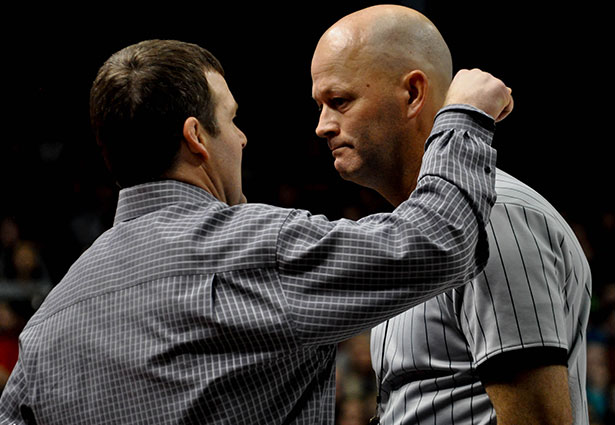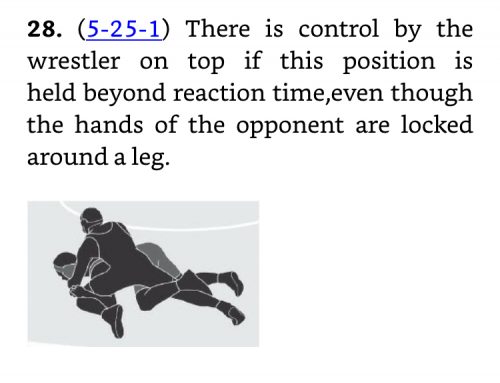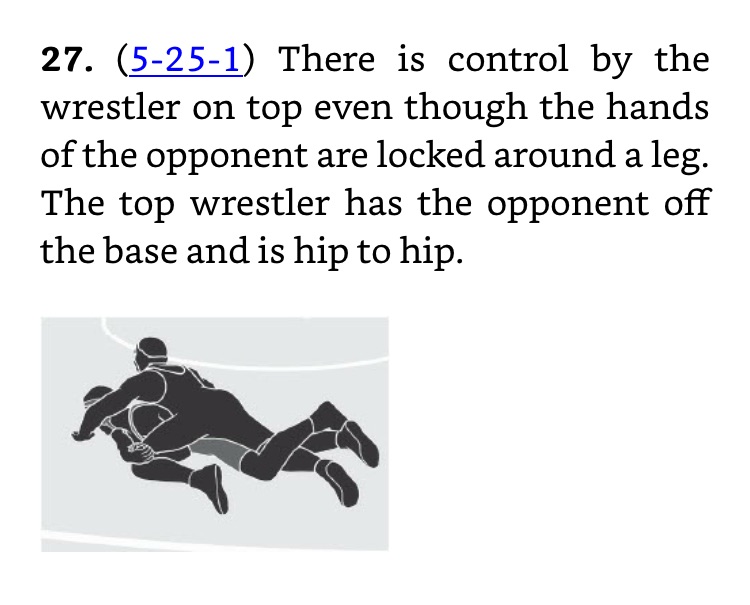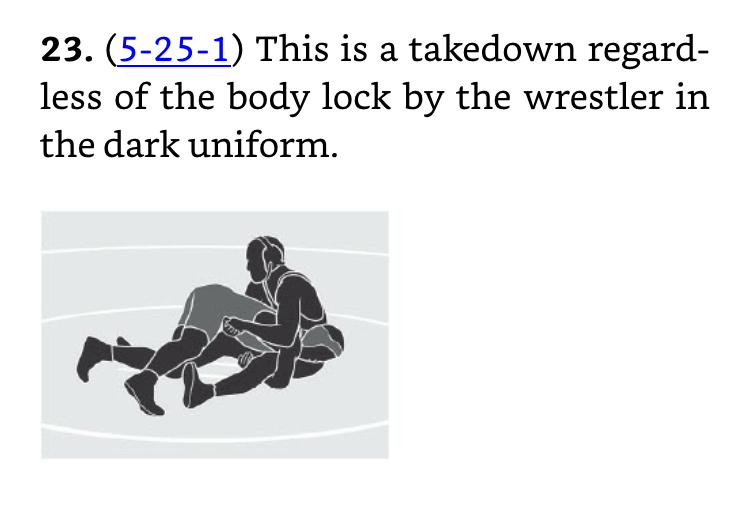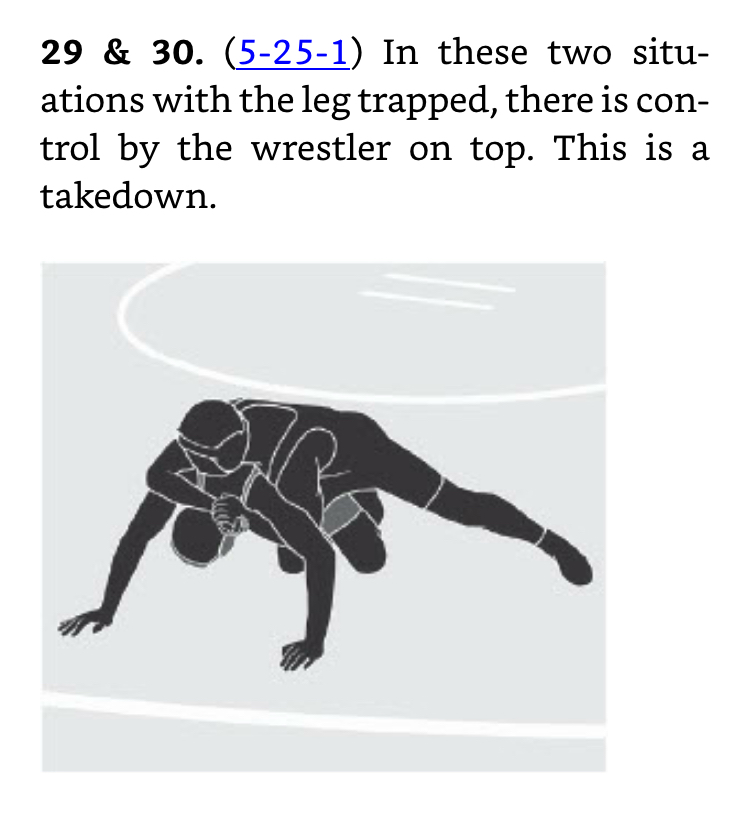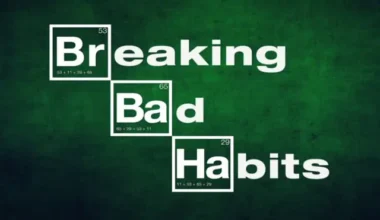Believe it or not, there is an art to talking to referees. Despite what you might think, they are human just like you and should be treated as such. But many have been conditioned by abusive coaches and can also be on guard before a tournament even starts, expecting to have to hold their ground. Many are even taught to NOT give in to coaches so that it sets a tone for a smoother tournament and they aren’t constantly being challenged. This article will help you break down that guard so you can have a friendly, human-to-human conversation.
This article also has contributions from Nolan Meadors II, one of the top officials in the nation. Nolan is an M1 status for USAW and UWW3 for International events for freestyle & greco and has officiated at the US Open and Fargo among several other national events. His notes have been designated with NM.
Also, these tips are about getting accurate calls based on the rule book, not manipulating them into getting your way. Make sure you thoroughly read the rule book so you know what you are talking about, otherwise you will look like an idiot. 🙂 Here’s a link to buy it on Amazon (it’s cheap): https://read.amazon.com/kp/card?asin=B07XQM1NQQ&preview=inline&linkCode=kpe&ref_=cm_sw_r_kb_dp_jOVUDbPSTN9NM
NM – First thing is to KNOW your rule book, not to just know wrestling, but to KNOW THE RULES. Your understanding of the rule book shouldn’t be be able to stick it to the refs whenever they miss a call, but to coach your kids in the best positions to win those calls. This will better allow for you to make PROPER decisions on what calls you need to argue.
Tips for Communicating with Referees
- Become friendly with them before and after the tournament – They are much more willing to talk with someone they like versus a coach they think is a jerk.
- Do NOT question their judgement – There are certain calls that you will not agree with and you will naturally see things in a biased lense for your wrestler. If you question their judgement they will give you a warning for Coach’s Misconduct so make sure you are asking about the misapplication of a rule. Some common examples of judgement calls include:
- Stalling – Make sure you know exactly what the ref is looking for and what the rules are. Either way, it’s often their judgement and likely not going to be overturned.
- Loss of control – An escape is pretty clear cut, but it’s often up to the ref’s judgment if the top wrestler has lost control in a flurry.
- Out of bounds – While there are specific rules for being out of bounds, it’s hard to question what the ref saw.
- Illegal moves – If they didn’t see it, then unfortunately they can’t rule against it
- Do NOT get emotional – If you yell something from the corner like “That was BS! That’s not a takedown!”, there is no way you are getting that call overturned. You just put their defenses up and no matter what you say (even if you are right), they will not budge.
- Pick your spots – Sometimes it might be a gray area between a judgement call and a rule misapplication and you are not sure if you should approach the table. Is your kid dominating the match or getting destroyed? Might be best to let this one be. Tournaments are long and you don’t want referees already on guard because you are nit-picking every situation. Plus, if you approach the table about a rule misapplication and you are wrong they can technically yellow card you (Coaches Misconduct). Most referees will not do that but some will. Be sure that you are correct.
- Do NOT yell from the corner – I know it’s hard not to do this. I’m guilty of it at times. If you have a question about a call, that’s what the table is for. Some refs will not make the call simply because you were trying to manipulate it from the corner. Are there some where you can say “That’s two”, “Stalling!” or “There’s the pin” and it plants a seed in their mind to make the call? Sure. They are usually younger and more inexperienced. You need to know WHO you are dealing with first. And really, it’s usually best to just let the refs make the call and if it was inaccurate, approach the table.
- Have an exact picture or rule ready to go – Download the kindle version on your phone so you always have it. The Kindle app is free and the rulebook is cheap. I also suggest getting the case book that goes over situations and common interpretations of the rules.
NM – Never try to use moves to constitute control or loss of control. If you read the rule book, there is no move that is solely listed as CONTROL. (i.e. Having a cradle locked up isn’t always a takedown). The ones that are have pictures elaborating on the POSITION of why it is control. Your better understanding and ability to elaborate the positions/change of directions that occur in the match will better allow for you to get calls changed in your favor.
Common rules that get misapplied
You can save these and others as favorites in Kindle. Knowing the most common misapplications by heart will help make it easier to approach the ref.
- Takedowns: These are the most common situations I’ve found, but make sure to read the rule book and check out other pictures and definitions of a takedown.
- Standing Reversal – The rule book reads “…It is a reversal when the defensive wrestler comes from underneath and gains control of the opponent, either on the mat or in a rear-standing position, while the total of two supporting points are inside or on the boundary line”
- Nearfall/Backpoints – While this one is hard to get overturned, there are a couple points in the rulebook that are important to understand before even considering if it can be challenged.
- 45 degrees vs. 90 degrees – “…or when one shoulder or scapula of the defensive wrestler is touching the mat and the other shoulder or scapula is held at an angle of 45 degrees or less with the mat; or when the defensive wrestler is held in a high bridge or on both elbows”
- Four inches – This is a lesser known rule that coaches usually mess up more than refs. “…Criteria for a nearfall occur when any part of both shoulders or both scapulae of the defensive wrestler are held within 4 inches of the mat or less…”
How to properly approach the table
This can make or break your ability to get an accurate call. Don’t storm up there with an attitude. Calmly get the attention of the referee (i.e. raising your hand and walking toward the table) and ASK A QUESTION. Simply say something like “I have a question about a rule.”, “I just have a question about that situation.” or “I just have a question about what you saw.”
NM – Approach the table as calmly as you know how (as calmly as you would want someone to approach you). This creates less initial confrontation and make it easier for you to be heard as you ask your questions.
NM – Good rule of thumb, never tell a referee ‘what happened’ or ‘what your kid did’ in order to clarify a different score. First thing out of your mouth needs to be “What did you see?” Since the referee can only call what he sees, getting an understanding from their vantage point will help. After that if you feel inclined you may asked if they did see something else or something in addition. DO NOT ASK “Is it possible?” Whatever the scenario is, it is always possible, but that doesn’t mean that it happened.
Below are a few ways to ask a question that can lead to better results:
- What did you see? – As Nolan states, this is massively important. Before challenging a rule make sure the ref saw the same thing you did. Otherwise everything you are questioning is irrelevant or if they saw it differently it may not actually be a misapplication of the rule. And as mentioned above, you can get called for Coach’s Misconduct if you are wrong about a rule misapplication. So by asking “What did you see?” you are not saying they are wrong yet. For example,
- You: “Hey John, just curious what you saw in that situation”
- Ref: “I saw your wrestler attempt to go behind the other wrestler, but the other wrestler still had his leg”.
- You: “Did you see that my wrestler hooked the opponent’s leg with his leg beyond reaction time?”
- Ref: “Yeah, but the other guy still had his arm locked around his leg and your wrestler never fully covered his hip.”
- You: “Okay. The rule book actually doesn’t require the hip to be covered. It shows an exact picture of what just happened and says ‘There is control by the wrestler on top if this position is held beyond reaction time, even though the hands of the opponent are locked around a leg.’ Here’s a picture of it.”
- Ref: “Well dang, you are right. Two points for the takedown.”
- Clarify exactly what you are asking – If it’s vague, you and the official might not be talking about the same thing. Use very specific language or you can ask “Was it A or B”. Now that they have clarified “B” you can then ask. “Okay, so if it was B, then the rule states ‘XYZ’, correct?”
- What does the rule book say about that position/situation? – If you already know the answer here, the goal isn’t to play “gotcha” with the ref. He’ll feel offended and think you are a smart ass. The goal is to discuss the position and gain clarity on how he’s interpreting it. By talking through it, they may come to the conclusion that they made a mistake on their own. If they do this, they won’t feel you are manipulating them and become stubborn.
Final Tip from Nolan: Do not use your resume as an argument. “I’ve been doing this for x amount of years and I’ve never heard of that call.” This is one of the best examples to show that you have not read your rule book. Someone like me who has only been officiating for 8 years can come back with the numerous national championship tournaments, national awards and recognition as an official, as well as my UWW classification to show I’m more involved in the sport than whatever coach decides to pull that card.
Hopefully this helps. A quick summary is to be friendly, know the rules, don’t question their judgement and be specific when you ask a question about a rule. If you follow these tips, your tournaments will be much less stressful and you’ll get more calls go your way….assuming you were right 🙂
